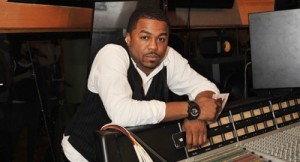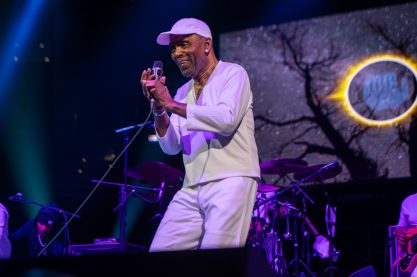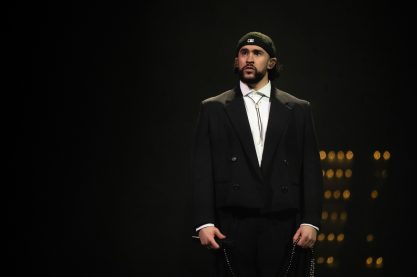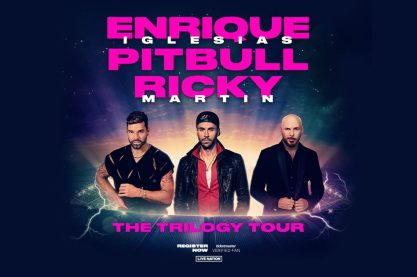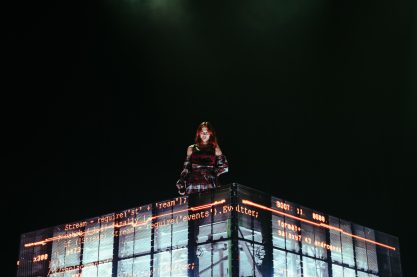Music
Marcus Dowling appreciates...Just Blaze
I believe that new is boring and that history is inspirational. These opinions are not necessarily the views of the Couch Sessions. "Marcus Dowling appreciates..." celebrates the memories that define the future. Enjoy.
When soul as the sound of young America needed to become a commercial reality, it was Motown's Funk Brothers who provided the acoustics powering every significant hit of the label's most defining period. When hip hop needed to do the same, Roc-A-Fella Records, and later the entire hip hop world, turned to Just Blaze. The annals of history now name Jay-Z as the king of hip hop and king of New York. Though Puff Daddy opened the door to welcome in international ears to rapidly expand hip hop's landscape, it was Justin Smith who for Jigga's label and often with Jigga's voice kept hip hop's heart at the forefront and pushed the genre into the stratosphere.
[youtube]http://www.youtube.com/watch?v=9GvB9ySUJ3A[/youtube]
Somewhere around 2002 Blaze began to erase all doubt as to the importance of ending the opening sentence of any conversation about hip hop with soulful, swinging and trunk rattling exclamation points from the East coast. As the power struggle of hip hop began to become a national discussion driven by a diversity of locales, tracks like Cam'ron's "Oh Boy," Freeway's "Roc the Mic"and Joe Budden's "Pump it Up" were definite East coast conversation starters. Club heavy bangers with hearts on fire, they were the aural equivalent of cutting moonshine with fruit punch, urban jungle juice with the strength to knock one into unconsciousness.
[youtube]http://www.youtube.com/watch?v=1swlUtEkXZ0[/youtube]
The Roc-A-Fella private quickly ascended to five-star general status with his ten-track contribution to Freeway's debut Philadelphia Freeway. It was a match made in heaven. Freeway, an edgy emcee from the grimy streets of North Philadelphia was able to paint brilliant pictures of his frenetic, violent and hardscrabble life with Blaze's epic soundscapes. Raised in the crucible of Gamble and Huff's elegant champagne disco soul sounds, productions like "What We Do" blend soul vocals, broad strokes of mellifluous synths and the emboldened signature, drums that smack like one million angry pimps on classic Harlem streetcorners. The perfect space for Freeway's style, and the key to his stardom.
[youtube]http://www.youtube.com/watch?v=1lbpnNED8SM[/youtube]
Progressing, he became the man behind such memorable moments on Jay-Z's retirement opus The Black Album as "December 4th" and "Public Service Announcement,"plus Kanye's "Touch the Sky" and Ghostface Killah's "The Champ." As Blaze gained in wealth and influence, the specificity of his creative vision sharpened considerably. Moving from crushing masses in the club, he created orchestral masterpieces, movies on record. What Ennio Morricone did for spaghetti westerns or Nino Rota did for making the Corleone family into a legendary cinematic standard, Just Blaze did for hip hop's contribution to defining the urban experience.
From 1959-1972, Motown was headquartered in Detroit and the Funk Brothers re-defined the blues, nitro-powered soul music, and made the black experience a race-less international struggle. Just Blaze? Much of the same. Between 1999 and the present day, he's set the iconic standard that from Beanie Sigel to Mac Miller has allowed hip hop to become the easiest understood universal mainstream language of 21st century music. He's now hosting Centric's Master of the Mix and producing electro? Not surprising. Just Blaze stood in the urban present and defined the world's future. Odds are he can likely do it again.
